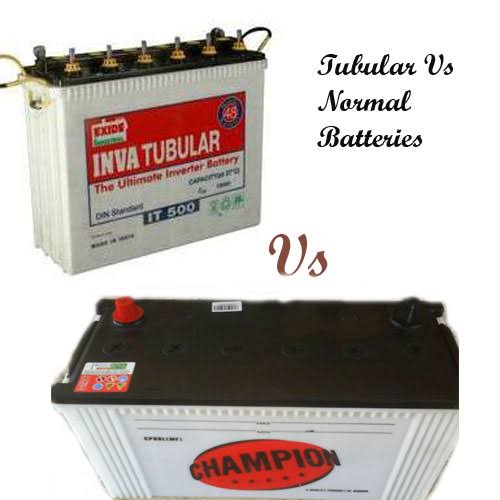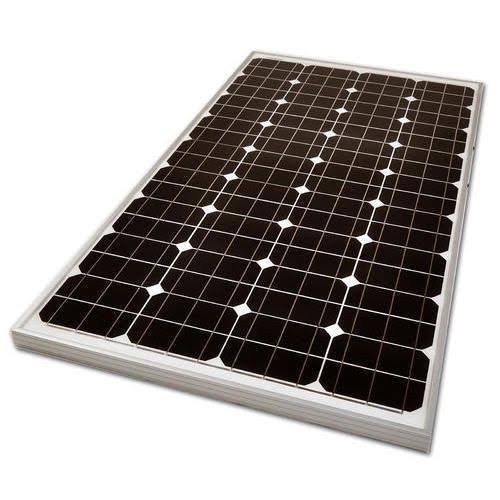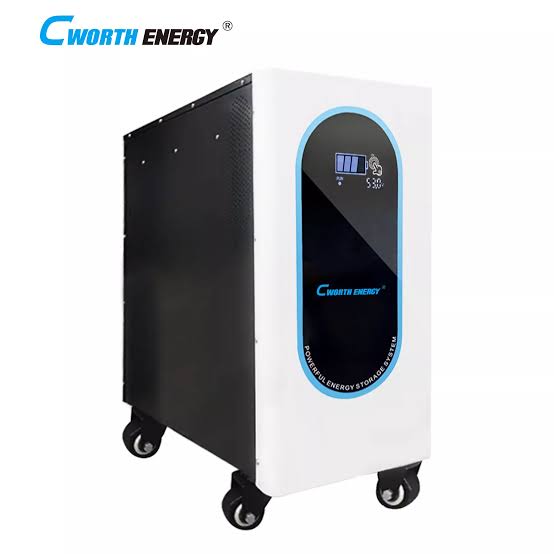
Tubular Battery vs Dry Cell Battery
Tubular Battery vs Dry Cell Battery:
When it comes to choosing the right battery for your needs, two popular options are tubular batteries and dry cell batteries. Tubular batteries are known for their longer lifespan, typically lasting up to 15 years, and their ability to handle deep cycle applications. They also offer better depth of discharge and cycle life, making them ideal for off-grid solar power systems and other applications where the battery is frequently discharged and recharged. However, tubular batteries require regular maintenance, including watering, and have a higher upfront cost.
Dry cell batteries, on the other hand, are maintenance-free and leak-proof, making them suitable for standby power applications. They have a compact design and lower risk of acid spills, but their lifespan is shorter, typically ranging from 5-7 years. Dry cell batteries are also more sensitive to overcharging and have limited cycle life. While they are less expensive upfront, their shorter lifespan and reduced performance may make them less cost-effective in the long run. When deciding between tubular and dry cell batteries, consider factors such as application, maintenance requirements, and budget.
Ultimately, tubular batteries are the better choice for applications requiring deep cycle capabilities and long lifespan, such as solar power systems and renewable energy installations. Dry cell batteries, however, are suitable for standby power applications, such as backup power systems and emergency lighting. By understanding the strengths and weaknesses of each battery type, you can make an informed decision and select the best battery for your specific needs. Consider consulting with a professional or manufacturer’s documentation for detailed specifications and recommendations to ensure optimal performance and longevity.
Tubular Battery:
Pros:
1. Longer lifespan (up to 15 years)
2. Higher depth of discharge (DOD)
3. Better cycle life
4. Low maintenance
5. Suitable for deep cycle applications
Cons:
1. Higher upfront cost
2. Larger size
3. Requires regular watering
Dry Cell (VRLA/AGM) Battery:
Pros:
1. Maintenance-free
2. Leak-proof
3. Compact design
4. Lower risk of acid spills
5. Suitable for standby applications
Cons:
1. Shorter lifespan (around 5-7 years)
2. Limited cycle life
3. Sensitive to overcharging
4. Lower DOD
Key Differences Between Tubular Battery vs Dry Cell Battery
1. Maintenance: Tubular batteries require regular watering, while dry cell batteries are maintenance-free.
2. Lifespan: Tubular batteries last longer than dry cell batteries.
3. Cost: Tubular batteries are more expensive upfront, but provide better long-term value.
4. Performance: Tubular batteries offer better depth of discharge and cycle life.
5. Application: Tubular batteries suit deep cycle applications, while dry cell batteries are ideal for standby applications.
Choose Tubular Battery if:
1. You need a battery for off-grid solar power systems.
2. You require a battery with high depth of discharge.
3. You prioritize longer lifespan and better cycle life.
Choose Dry Cell Battery if:
1. You need a battery for standby power applications.
2. You prioritize maintenance-free operation.
3. You require a compact, leak-proof design.
Consider your specific needs and applications to decide between tubular and dry cell batteries.
Additional factors to consider:
– Depth of discharge (DOD)
– Cycle life
– Self-discharge rate
– Charging efficiency
– Operating temperature range
– Brand reputation and warranty
Consult with a professional or manufacturer’s documentation for detailed specifications and recommendations.












